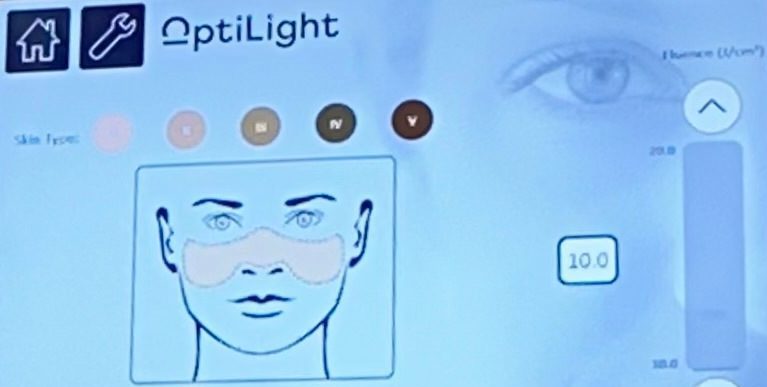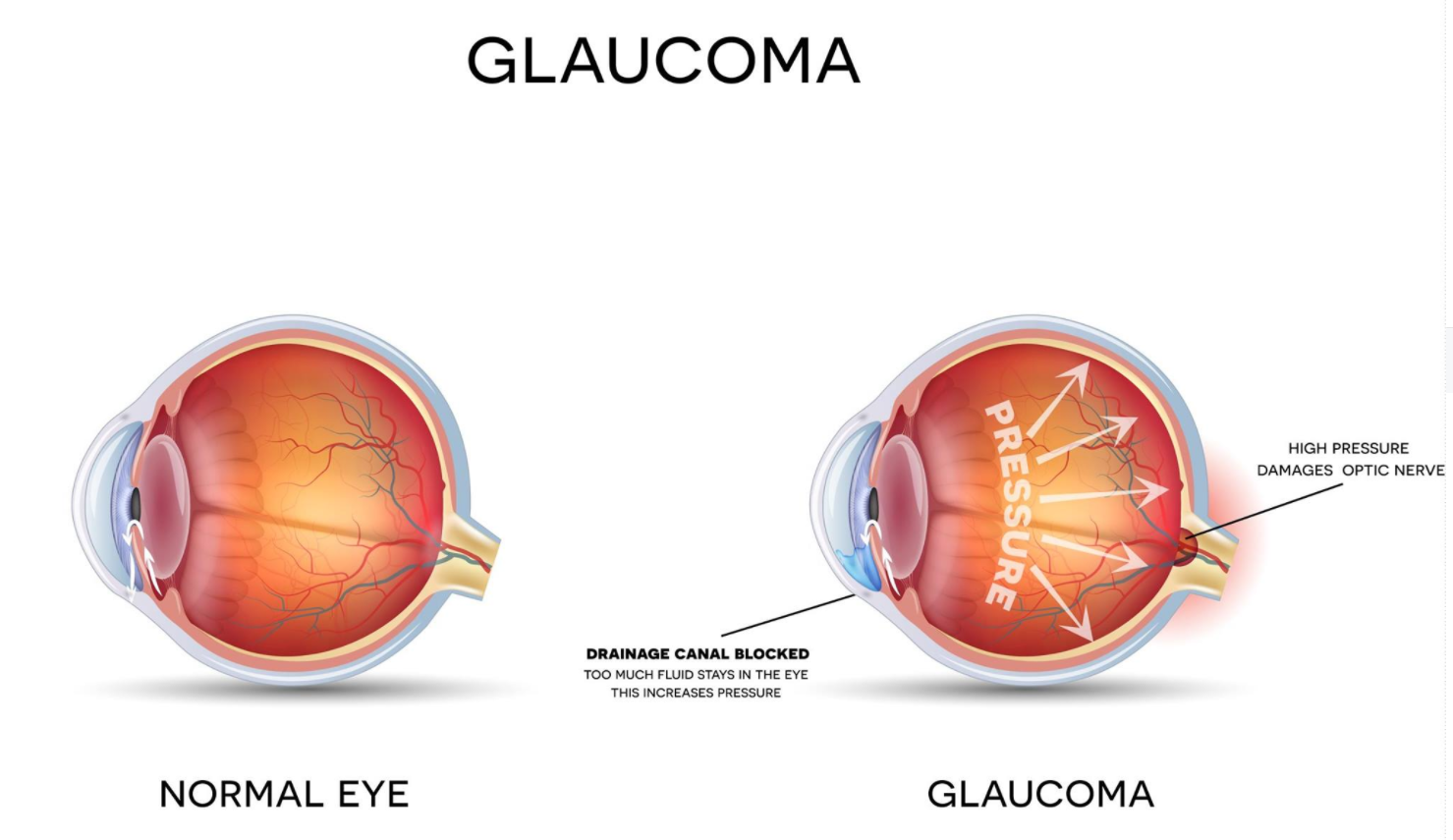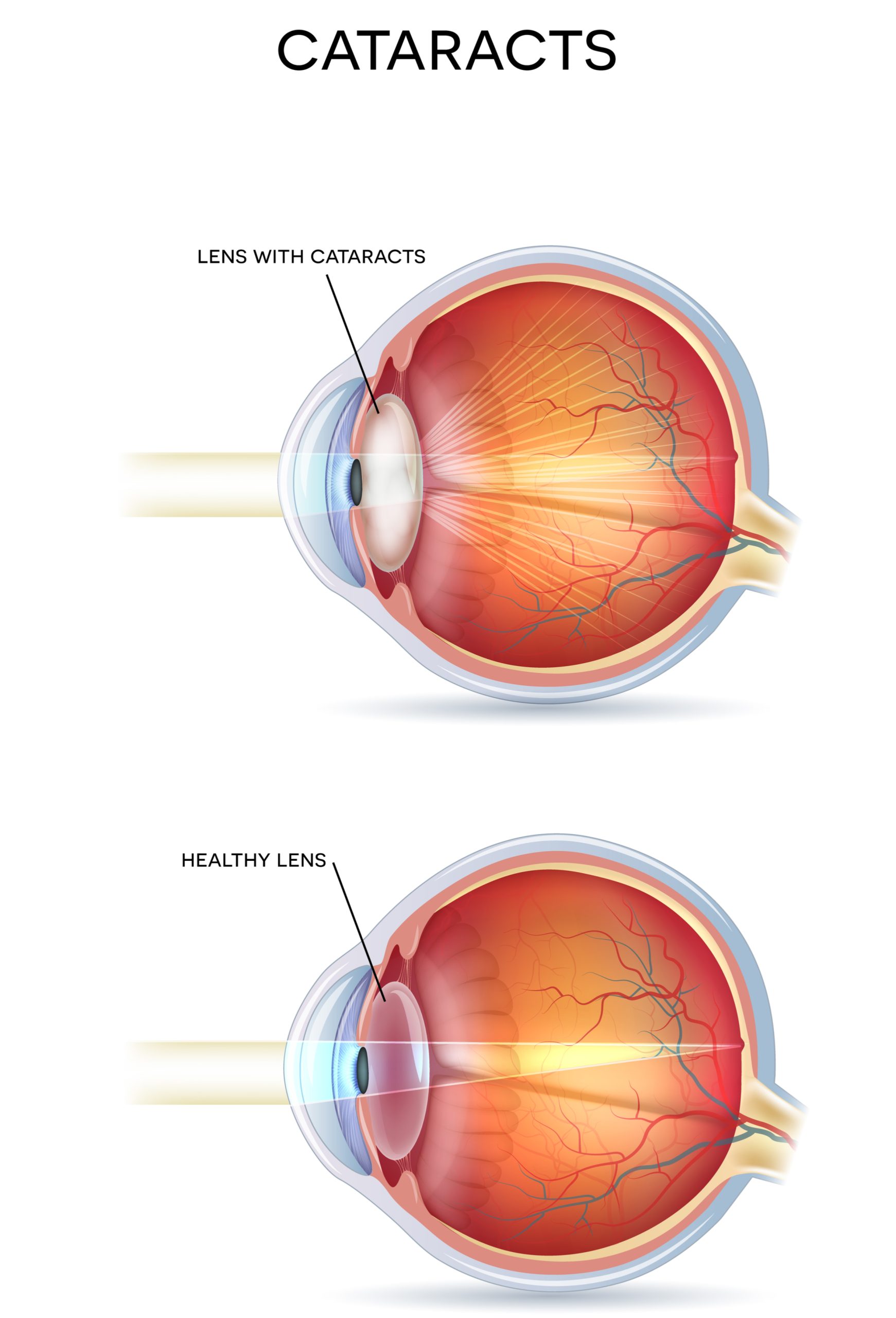It will come as no surprise to hear that as we get older, just like the rest of body, our eyes will change.
From the age of 40 years, many of us will notice our vision beginning to change. Common changes that you can expect to notice include losing the ability to focus on things that are close-up (known as presbyopia); you will notice that it takes longer to adapt to changing light conditions, such as coming indoors on a bright sunny day; noticing that a stronger light is required to see things, such as when reading; you may notice a problem differentiating between some colours. These are all normal and have minimal impact upon your lifestyle.
However, age is also a major risk factor in the development of age-related eye diseases such as cataract, glaucoma, dry eye, macular degeneration and diabetic eye disease.

Unfortunately, we cannot stop the ageing process. We can however definitely reduce the impact the ageing process has upon our vision. We all know the importance of maintaining a healthy lifestyle, diet and exercise are important factors in eye health. Regular exercise will help maintain good circulation and oxygen intake, both of which are important for eye health. Antioxidants such as vitamin A, C and E, together with other nutrients, are great for blood vessels in the eye and may help slow age-related macular degeneration (AMD) and may help prevent cataracts. Maintaining tight blood sugar control for diabetics can reduce the risk of diabetic retinopathy. Reduce the damaging effects of the sun by avoiding harmful ultraviolet light. Ensure your sunglasses block both UV-A and UV-B rays and are labelled either UV400 or 100% UV protection – and remember, your sunglasses are not only for the summer months! Regular eye tests are important. Your optician will pick up eye diseases such as glaucoma and cataract as well as spotting general health problems such as high blood pressure and diabetes. Ensure you have your eyes tested every two years – you may require a more frequent test in certain circumstances, check with your optician.











